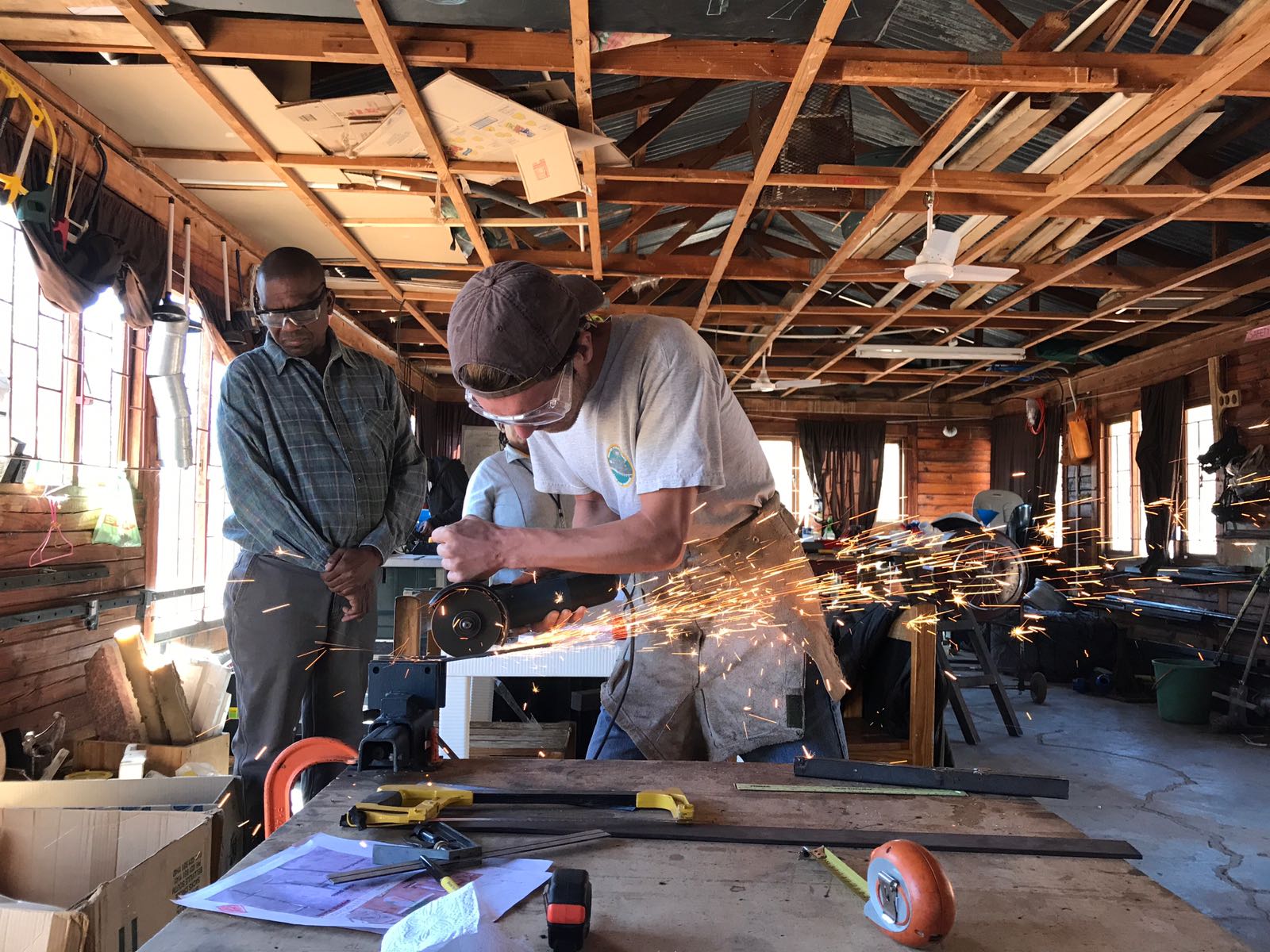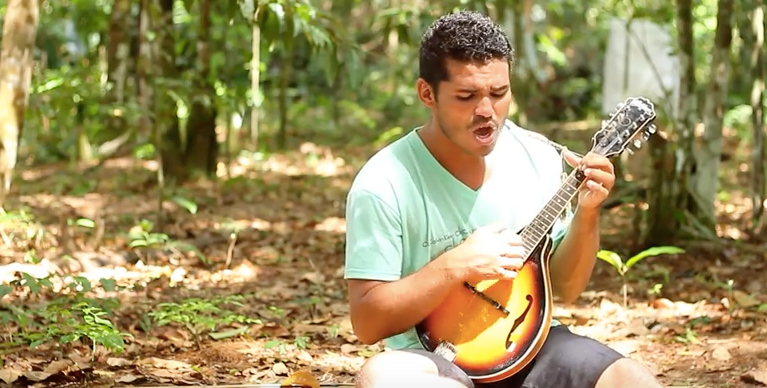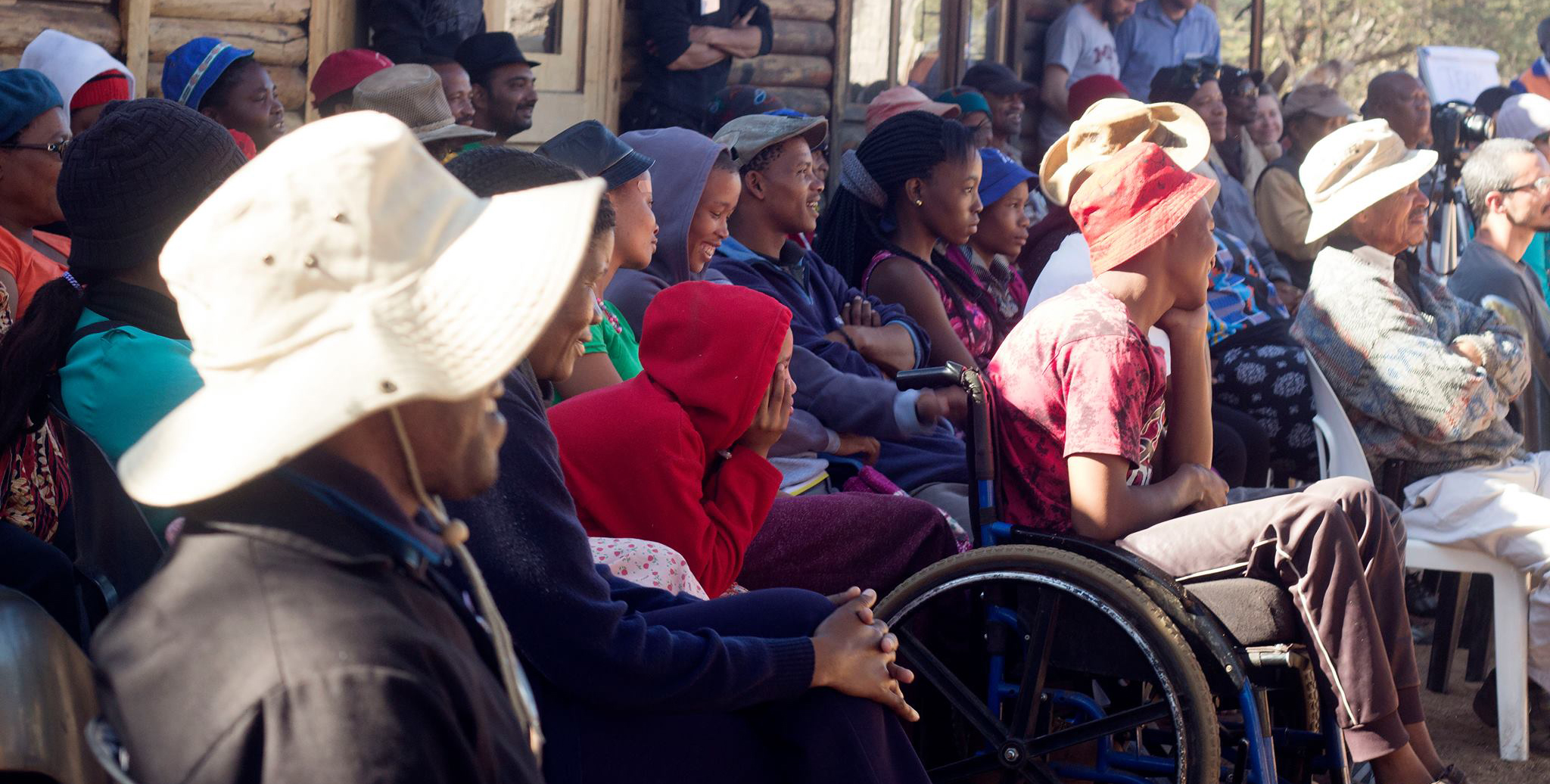UC Davis D-Lab Students are Immersed in IDIN Projects and Partnerships

In summer 2017, seven UC Davis D-Lab students were supported by Blum grants to conduct fieldwork with IDIN partners. These students were connected with the partners during the academic year through the UC Davis D-Lab I & II courses. In D-Lab I & II, students communicated with IDIN partners to develop feasibility studies and prototypes for these projects before traveling abroad to assist with implementation.
Essential Oil Distiller Boa Vista do Acará, Brazil
Ashley Yamada, Thomas Wickett, and Tara Randall traveled to the community of Boa Vista do Acará to build and test an essential oil distillery with the Association of Organic Farmers of Boa Vista do Acará. Their goal was to follow up on a project that was first developed at IDDS Amazon in 2016.
Boa Vista do Acará is a small agricultural community in Northern Brazil that consistently faces financial instability. This interferes with their access to basic social services such as healthcare and education. Currently, Boa Vista harvests 50 tons of herbs per year; however, rather than distilling essential oil themselves, they sell their herbs as wholesale raw material to the Natura company. If Natura were to ever pull out of their contract, Boa Vista would be in a financial crisis. Therefore, the ability to distill essential oils independently would allow Boa Vista Do Acará residents to stabilize their income source.
The students successfully prototyped an essential oil distillery with the community and developed an instruction manual for future iterations of the design.

Ashley reflected on some of the challenges of doing design in a development context: "Although significant progress was made on this project, we conclude that projects aimed at alleviating poverty in foreign countries need more time to be completed. There were many instances where our design was insufficient due to a lack of communication with our client or because we were unfamiliar with the parameters of the community. Ideally, the community understanding and relationship would be fully developed long before the prototyping process.” – Ashley Yamada
Kepler Tech Lab Kigali, Uganda
Kevin Norring partnered with Kepler Tech Lab, an IDIN-supported innovation center in Kigali that seeks to combine digital tools and hands-on educational experiences, and to encourage girls to pursue engineering careers. These objectives are rooted in breaking import and foreign labor dependency and encouraging locally produced products. To address these issues, the project called for a student to complete a financial assessment and feasibility study in order to identify optimal registration and enrollment fees for students wishing to participate in Kepler’s innovation trainings. Kevin helped with community interviews, a needs assessment, and market analysis to determine the consumer’s willingness to pay for the courses.

Kepler Tech Lab aims to develop a business plan using the data from the surveys and the market analysis in the coming months.
“Kepler Tech Lab is a program that offers a unique opportunity for students to apply their theoretical knowledge to hands on projects. The program is unique because Kepler Tech Lab is one of the few labs in Kigali (and Rwanda as a whole) that offers a makerspace for students.” – Kevin Norring
Precision Planter D’Kar, Botswana
Stephanie Lew and Alex Wilder traveled to Botswana this summer to assist IDIN partner These Hands in developing a precision planter for smallholder farmers, a prototype that originated at IDDS D’Kar in 2015. The current process for plowing and plant propagation is not sustainable and very labor intensive. Additionally, the current plowing device is no longer subsidized in the D’Kar community. Stephanie and Alex helped design a prototype precision planter to move agricultural practices to align with the Conservation Farming Movement and address these issues. The project addressed challenges such as devising a mechanism to drop off a fixed volume of fertilizer and the further control on this volume based upon the seed to be planted and devising a mechanism to drop a selected quantity and size of seed to be planted. Additionally, the students engaged in discussion and shared ideas with technical community members whom advise around fertilizer and seed dispersal mechanisms.

The next steps include testing of the design through more farmer field trials and conducting a market study for the precision planter.
“Things always move slower than you would like them to. This is partially due to the design process we tried to follow in making the planter come alive. It can be long and challenging to design a project. In team settings, opposing ideas can further delay a project. Additionally, people seem to have a different sense of time in Botswana. People there aren’t as punctual, but it’s the norm. Furthermore, it was a little difficult dealing with people’s commitment issues to the project—however, I realized that my sole purpose every day was to work on the planter, whereas for other community members, they had other commitments and their own personal agenda, so perhaps it was unrealistic to expect community members to dedicate the entire day to the project, like I was.” – Stephanie Lew
Awamu Gasifier Stoves Kampala, Uganda
Austin Dalmasso collaborated with IDIN microgrant recipient Awamu Biomass Energy to research the feasibility of developing more efficient gasifier stoves.
Over 90% of the Ugandan population relies on biomass fuels for cooking, and this is mostly with the inefficient 3-stone fire. Improved cook stoves are used in only 10% of over 6 million Ugandan households. This results in massive pressure on the dwindling forest cover as well as women and children spending a significant amount of time collecting firewood where women are exposed to risks like accidents and assault. Women spend at least five hours each day preparing meals for their households along with their children where they are exposed to Indoor Air Pollution from the 3-stone fire stoves, which causes respiratory illnesses. Approximately 19,700 people die as a result of IAP in Uganda each year, 17,000 of whom are children under five years.
Austin helped with conducting post-consumer surveys about the stoves, data collection and analysis, and researching the feasibility of scaling up Awamu’s enterprise.
“I believe that one of the most important takeaways from this project is the idea that sustainability is not always a tangible, measurable metric. Instead, it can exist in the grey areas and side projects.” – Austin Dalmasso

For more details on these UC Davis D-Lab student projects, including reports, blog posts and photos from their trips, check out the UC Davis D-Lab website!






